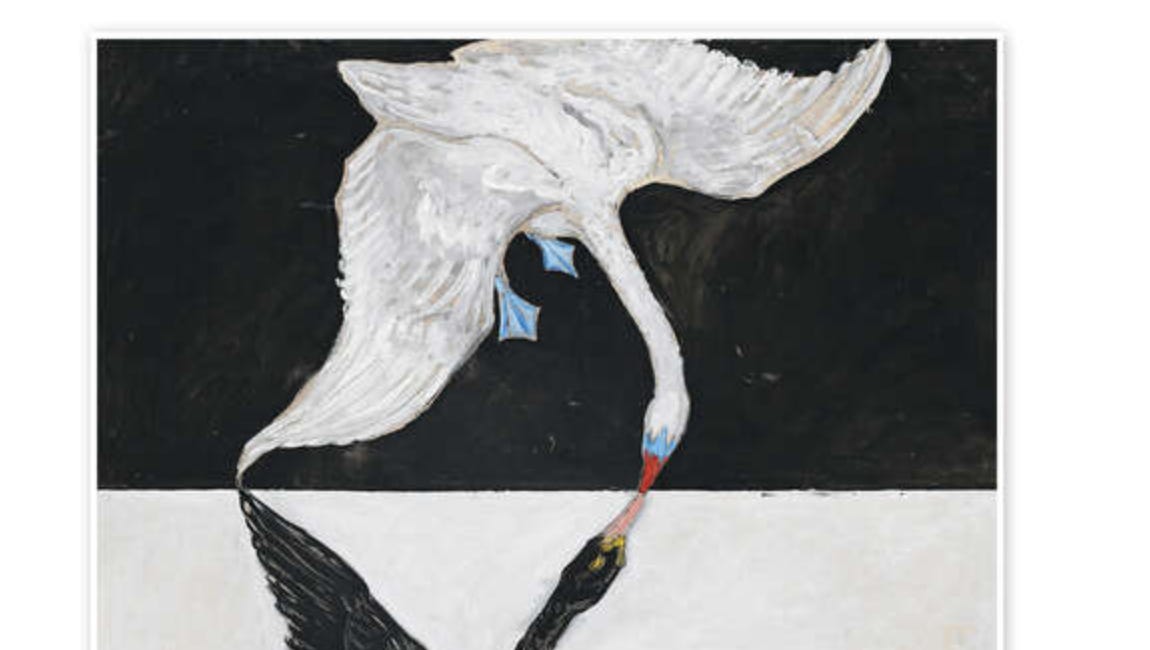A few upcoming events!
I’m interviewing Niobe Way (author of Rebels with a Cause—this is our podcast conversation, “The Critical Need for Deep Connection”) and a VERY special guest to be announced next week at Godmother’s in Summerland on Friday, December 13th at 6pm. There are a few tickets left, which you can find HERE. Please join us! We’ll be discussing our current “boy” culture—a term that applies to all of us regardless of gender—and what to do about it. You don’t want to miss this!
I’m doing a Substack Live at 4pm with next Wednesday, December 11 at 4pm PT. Come join us and bring your questions about staying sane in an insane news cycle.
I’m doing a second New Year’s workshop on December 29th at 10amPT for paid Substack subscribers with
—we’ll be diving into the I Ching again, journaling, setting intentions for 2025, and communing. You’ll find the link to register at the bottom of the newsletter, behind the paywall, as well as the video from last year where Satya took us all through the I Ching. This is worth watching in advance if you decide to join us.
The central thesis of On Our Best Behavior is that in our patriarchal culture, women are conditioned for goodness while men are conditioned for power. Power might sound like the better deal, but it is a wounding and impossible ideal too, suggesting that you need to be on top of the heap—to be dominant, to have control—in order to assert your masculinity. While they seem to be its primary beneficiaries, our patriarchal culture is incredibly harmful to boys and men. Look no further than deaths of despair, rates of suicide, and the cultural havoc wreaked by wounded boys, and those who turn into wounding men. While hierarchy is essential in some format—a hierarchy of experience, wisdom, maturity—patriarchy ain’t it.

Men are struggling—and they’re dragging all of us into the void. The qualities of real (or divine) masculinity—honor, integrity, courage, responsibility—have nothing to do with dominance. Nothing. This is the difference between what we would call real, or true, masculinity (an energy that belongs to all of us, regardless of gender) and patriarchal masculinity, which is when masculinity gets twisted—or turned into mask-ulinity. It becomes a performance, a type of role play.
In Angry White Men: American Masculinity at the End of an Era, which originally came out in 2013, sociology professor Michael Kimmel wrote a new foreword after Trump’s 2016 election victory, which resonates even more today:
“Trump’s election underscores the argument of the book: that white men’s anger comes from the potent fusion of two sentiments—entitlement and a sense of victimization. The righteous indignation, the anti-Washington populism, is fueled by what I came to call ‘aggrieved entitlement’—that sense that those benefits to which you believed yourself entitled have been snatched away from you by unseen forces larger and more powerful. You feel yourself to be the heir to a great promise, the American Dream, which has turned into an impossible fantasy for the very people who were supposed to inherit it.”
He also speaks to the humiliation of a downward trajectory, along with his conversations with Tea Party women, who spoke to him primarily from their functions as mothers. (I have a full email coming about this one down the pike.) Here he is again:
“But as I learned interviewing many of these men, that dream became a nightmare of downsizing, job loss, outsourcing, plant closings, shutting down the ma-and-pa store when Walmart moved in, losing the family farm. These men feel like they are seen as failures; they are humiliated—and that humiliation is the source of their rage.
“This humiliation is deeply gendered, because when I say they wanted to support their families, they wanted to do it by themselves. The downwardly mobile lower middle and working classes are the last guys in our history to believe that they, alone, should support a family and that their wives ‘should not have to work.’ Like their moms and grand-mothers, women were to be ‘exempted’ from the work world. The core feature of American manhood has always been as ‘breadwinner.’
They can't do it anymore. A generation ago, in 1974, the median income (in 2014 dollars) for a family of four in the United States was $48,497. Forty years later, in 2014, it was $53,057, less than $5,000 more. And what is the difference between that family of four in 1974 and 2014? Mom's working.
Of course, women have always worked. But we're talking ideology here, not history. And that helps explain why so many women ended up voting for Trump. Many of them voted not as ‘women,’ but as ‘moms’—working mothers who didn't want to be working. They were true believers also, and they believed that their role was to raise the kids and keep the home. When I interviewed Tea Party women a few years ago, many spoke of wanting their men to be the traditional heads of households, able to support their families. They wanted to live in a 1950s-era sitcom, a simpler time before zombie apocalypses and games of thrones.”
Kimmel cites the reactionary and nostalgic “aggrieved entitlement” here that asserts that while women, people of color, and LBTQIA+ people deserve lower status in the patriarchal hierarchy, they do not. Instead of training their sights on the patriarchal overloads—specifically the white and rich men above them on the ladder—they are consumed by horizontal hostility* and punching down. And this is sorely misplaced. Kimmel again: “I’m always asking the same questions: Was it immigrants who issued those predatory loans that lost them their homes? Was it feminist women who outsourced their jobs and created deals that let billionaires pay no taxes? Did LGBT people embark on ruinous trade deals? Of course not. America’s angry white men are right to be angry, but they are delivering their mail to the wrong address.”
(*Florynce Kennedy coined “horizontal hostility” in the 1970s to describe what happens amongst women and other marginalized groups.)
Kimmel also invokes the research of Tim Beneke and this is where I get envious that I’ve never noticed this word pattern, because it’s actually wild. (I do have some parts to add.) In speaking to men about power and intimate sexual violence, Beneke noticed that the language we use to describe the beauty of women suggest “violence and injury—to men.” He continues: “Women are ravishing or stunning; she’s a bombshell or a knockout; she’s dressed to kill, a real femme fatale. Women’s beauty is perceived as violent to men: men use violence to even the playing field—or, more accurately, to return it to its previously uneven state that men thought was even.” So, the logic goes: Her beauty is a weapon—and therefore, she made me harm her, or justified reciprocal or retributive violence.
There are other words that we use to describe beautiful women that suggest that they wield the power of a witch: The roots of glamour, for example, come from grammatica, which involved studying the occult. And then there’s spellbinding, bewitching, fascinating, captivating, and compelling.
In other words, women wield “beauty” in order to exert power over men. It’s actually a wild idea. The research of Beneke and Kimmel suggests that men who strike out against women—particularly when it comes to intimate partner violence and sexual assault—cite vengeance, or taking power back, as a justification. This tracks with the chapter on Lust in On Our Best Behavior—that assault is not about out-of-control sexual desire and more about power.
Lots to digest here. I’ll see you all next week.
THE LATEST FROM THE PODCAST:
How to Commune More Deeply with Nature (Maria Rodale)
You can also find this episode on Spotify, or wherever you get your podcasts.
My Unofficial Investigation of Male Podcasters (Solo Episode)
You can also find this episode on Spotify, or wherever you get your podcasts.
ICYMI:
Growing Up vs. Waking Up
I’ve been starting and then shelving this newsletter for at least a year—possibly longer because it’s complicated. But watching our current political landscape—specifically the way the “broligarchs” and “techno-nauts” have infiltrated government and are on the ascent—it feels important to flag. There is a big difference between “waking up” and “growing …
Managing Our Collective Anxiety
I will be interviewing my dear friend Richard Christiansen about his new book, The Guide to Becoming Alive at Diesel in the Brentwood Country Mart on November 21st at 6:30pm—free admittance but if you want a seat, you can pre-order a signed copy of his book
Full archive HERE
My New York Times bestselling book—On Our Best Behavior: The Seven Deadly Sins and the Price Women Pay to be Good—is out now.
Keep reading with a 7-day free trial
Subscribe to Pulling the Thread with Elise Loehnen to keep reading this post and get 7 days of free access to the full post archives.








